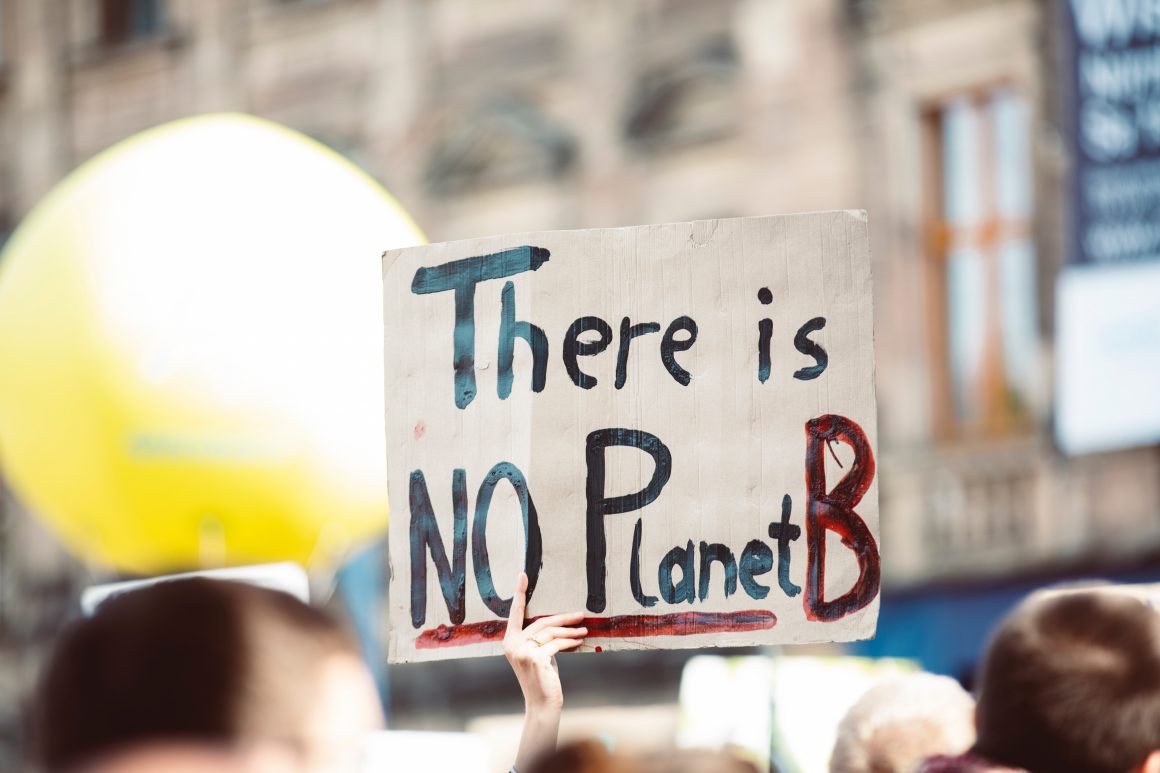There is no doubt that climate change is a global reality. The news, day after day, shows the effects of what, more than “change”, should be called and treated as a climate emergency. Only in the last couple of weeks, we have had historic temperature records in the United Kingdom and thermometers exceeding 40ºC in France. In Portugal and Spain, according to the latest surveys, more than a thousand people have died because of the heat. The Iberian Peninsula is suffering from the worst drought in the last thousand years. In the study published in the scientific journal, Nature Geoscience the researchers show that this high atmospheric pressure system “has changed radically over the past century and that these changes are unprecedented in North Atlantic climate over the past millennium”. In addition, more than 100 million Americans are suffering from extreme heat, which has already prompted US President Joe Biden to favor a declaration of climate emergency in the country in order to combat the crisis. The situation in itself is calamitous and is further aggravated by the recurrence and intensification of these events year after year.
In this light, world leaders, countries, and international organizations are trying to align themselves as to what needs to be discussed at the next Climate Conference (COP27), to be held in November of this year in Sharm el-Sheikh, Egypt. What is certain is that if countries like the United Kingdom, France, Portugal, Spain, and mainly the United States, which have financial and technological resources, and governance mechanisms to propose and implement solutions, have difficulties fighting the problem, then the rest of the world can understandably be at a loss.
One issue that certainly cannot fail to be widely debated in each and every COP, as well as in other contexts, is that of climate justice. The way in which the impacts arising from the climate emergency affect countries and populations is quite unequal. In general, people living in poor communities, favelas, and indigenous people, among others in vulnerable situations, who contribute little to the worsening of the scenario in which we currently find ourselves, are most often disregarded by the public authorities, with fewer or no resources to adapt to climate change and the extreme weather events that keep happening.
Moreover, it is precisely in these areas that deaths from droughts, floods, storms, and other climatic tragedies occur in much higher numbers than in less vulnerable countries and regions. The less vulnerable regions – developed countries in general – are, as already mentioned, the main culprits for the high levels of emissions. This whole issue generates even greater concern because the increase in the average global temperature, according to experts, will continue to affect severely the most vulnerable countries and populations around the world, further worsening an already serious picture of misery, hunger, and poverty. Added to this reality of inequality, we also observe that the most vulnerable groups are underrepresented in decision-making fora, where climate policies take shape, which compromises the relevance and effectiveness of any agreements arising from these fora.
In order to move towards climate justice, the richest countries must acknowledge their historical guilt in the emergence of this crisis we are experiencing and immediately take steps to repair the damage they have caused. A good start in this direction would be to support developing countries in the transition to clean energy and the necessary adaptation to climate change. It is also important that the governments of these nations move, using legal means at their disposal, to hold all big companies/industries operating in their territory accountable for the damage they cause to people and the environment. This includes ensuring respect for the rights of indigenous peoples and communities that defend the environment, who play a fundamental role in the protection of nature, and who are, as we have already mentioned, severely affected by the climate crisis.
Furthermore, in order to make solid progress, climate justice must listen to those most affected by climate-related impacts, since they are the relevant voices in the search for real change. Since they were – and still are – people dominated by the interests of large corporations and rich countries, they should be heading the search for possible solutions, rather than just being part of it.
Only in this way – with developed countries taking responsibility, decarbonization occurring in a fair way, developing countries being supported to adapt their energy sources and also to adapt to climate events, and, mainly, the active and empowered participation of vulnerable populations at the negotiation and establishment of climate policies – will we have, a chance to move forward the climate justice agenda worldwide.



